Polyethylene wax (PE wax) is a versatile material that can be used in a wide range of applications, including as an additive in asphalt. Here are some common uses of PE wax in asphalt:
- Anti-stripping agent: PE wax can improve the adhesion between asphalt and aggregates by reducing the tendency of the asphalt to strip away from the surface of the aggregates. This can improve the durability and lifespan of the asphalt pavement.
- Lubricant: PE wax can act as a lubricant in asphalt mixtures, reducing the friction between the asphalt and the mixing equipment. This can help to reduce wear and tear on the equipment and improve the efficiency of the mixing process.
- Modifying agent: PE wax can modify the properties of asphalt, such as the softening point and viscosity. This can improve the performance of the asphalt in various conditions, such as at high temperatures or in wet conditions.
- Moisture barrier: PE wax can act as a moisture barrier in asphalt pavements, helping to prevent water from penetrating the surface and causing damage.
Overall, the use of PE wax in asphalt can improve the durability, performance, and lifespan of asphalt pavements.
BENEFITS OF USING PE WAX IN ASPHALT
One of the applications of PE wax is in the production of asphalt. Here are some benefits of using PE wax in asphalt:
- Improved durability: PE wax improves the durability of asphalt by increasing its resistance to weathering and oxidation. It also helps to prevent cracking and deformation of the asphalt surface, which can extend the lifespan of the pavement.
- Better stability: PE wax can improve the stability of the asphalt mix, making it less prone to segregation and separation during transport and placement. This results in a more uniform and consistent surface that can provide better driving conditions for motorists.
- Reduced maintenance: With the use of PE wax, asphalt surfaces require less maintenance and repair over time. This can save time and money for road authorities and minimize traffic disruptions caused by roadworks.
- Improved workability: PE wax can improve the workability of asphalt, making it easier to mix and apply. This can lead to faster construction times and reduced labor costs.
- Enhanced skid resistance: PE wax can improve the skid resistance of asphalt surfaces, reducing the risk of accidents caused by slippery roads. This can improve road safety for motorists and pedestrians alike.
Overall, the use of PE wax in asphalt can provide numerous benefits, including improved durability, stability, reduced maintenance, enhanced workability, and increased skid resistance.
METHODS OF USING PE WAX IN ASPHALT
Polyethylene wax is a thermoplastic polymer that can be used in various applications, including the modification of asphalt. Here are some methods of using PE wax in asphalt:
- Mixing with asphalt binder: One common method of using PE wax in asphalt is to mix it with the asphalt binder during the blending process. This can improve the viscosity and adhesion of the asphalt, leading to better performance and durability of the road surface.
- Adding to asphalt emulsions: PE wax can also be added to asphalt emulsions, which are a mixture of asphalt binder, water, and an emulsifying agent. The addition of Polyethylene wax can improve the stability and water resistance of the emulsion, making it suitable for use in various applications, including road surfacing.
- Spraying on the road surface: Another method of using PE wax in asphalt is to spray it on the road surface after the asphalt has been laid. This can improve the surface properties of the road, such as its texture, skid resistance, and durability, especially in high-traffic areas.
- Using in seal coats: Sealcoats are protective coatings applied to asphalt surfaces to prevent damage from the sun, water, and other elements. PE wax can be used in seal coats to improve their durability and resistance to wear and tear.
HOW PE WAX DECREASE ASPHALT PRODUCTION COSTS
Polyethylene wax can decrease the asphalt production costs by improving the properties of asphalt and reducing the need for more expensive additives. Here are some ways in which PE wax can help in this regard:
- Improved stiffness and stability: PE wax can improve the stiffness and stability of asphalt, reducing the need for additional additives that can be more expensive.
- Reduced need for virgin bitumen: The addition of PE wax to asphalt can reduce the amount of virgin bitumen needed in the production process. Virgin bitumen is one of the most expensive components of asphalt, so any reduction in its use can result in significant cost savings.
- Improved workability: PE wax can improve the workability of asphalt, making it easier to handle and process during production. This can reduce the need for additional processing steps or equipment, which can save time and money.
- Reduced maintenance costs: Asphalt that contains PE wax can have improved resistance to cracking, deformation, and other forms of damage. This can reduce the need for costly maintenance and repair work, resulting in significant cost savings over time.
Overall, the addition of PE wax to asphalt can result in lower production costs due to reduced need for expensive additives, decreased use of virgin bitumen, improved workability, and reduced maintenance costs.



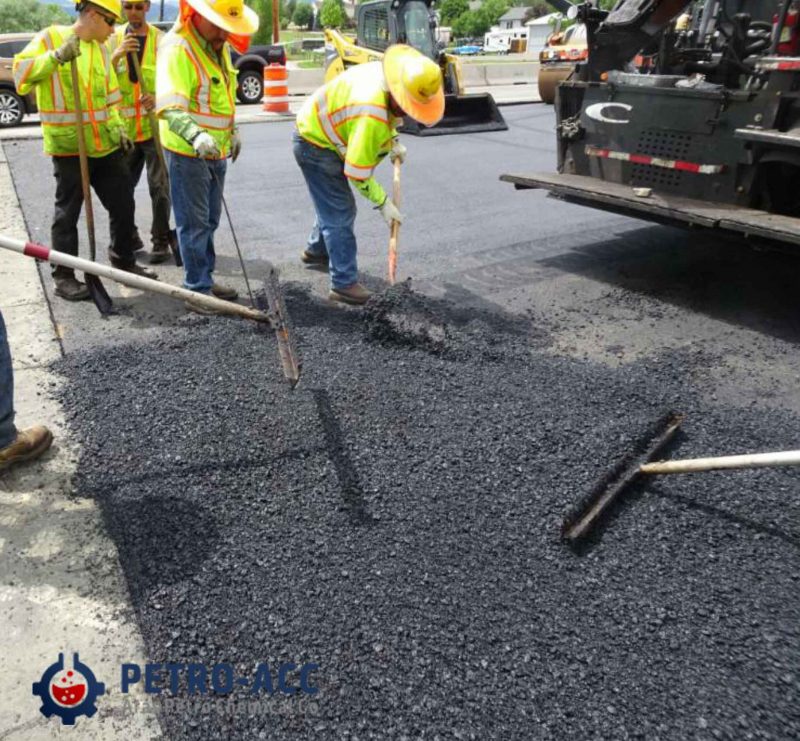
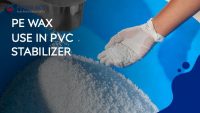
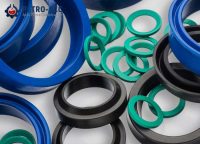
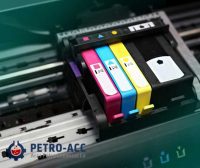
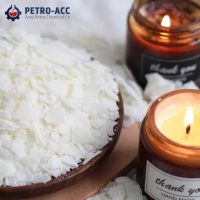
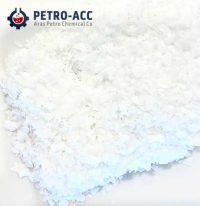
Leave A Comment